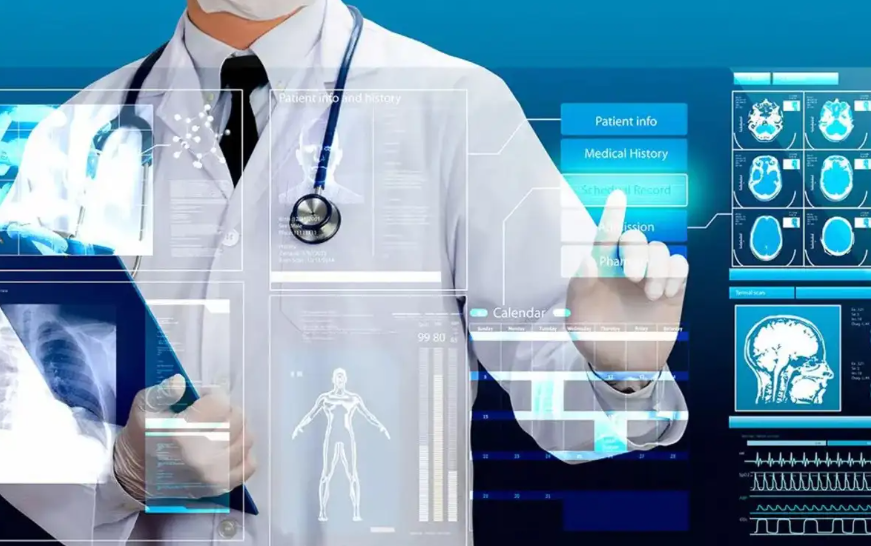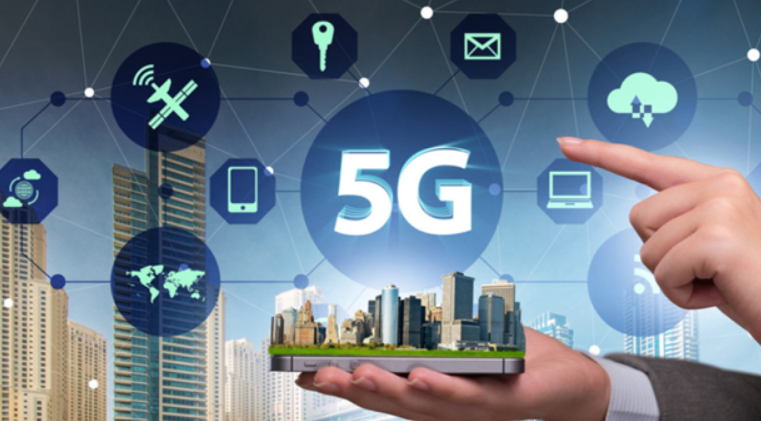How Technology is Transforming Healthcare Systems
Introduction to Technology in Healthcare
In recent years, the healthcare industry has undergone a remarkable transformation thanks to technological advancements. These innovations are not only revolutionizing the way medical professionals diagnose, treat, and monitor patients but also reshaping the entire healthcare system’s infrastructure. The integration of technology in healthcare is improving outcomes, reducing costs, and enhancing patient experiences globally. This article explores how technology is transforming healthcare systems and what the future holds.
The Evolution of Healthcare Systems Through Technology
From Paper to Digital Records
One of the most significant shifts in healthcare was moving from traditional paper records to digital formats. Electronic Health Records (EHRs) allow for faster access to patient data, reduce errors, and streamline workflows. This digitization enables medical professionals to make informed decisions swiftly and provides patients with better-coordinated care.
The Rise of Telemedicine
Telemedicine has revolutionized patient care by breaking down geographical barriers. Patients can now consult with doctors remotely using video calls and digital communication tools, making healthcare more accessible, especially in rural and underserved areas. This technology gained prominence during the COVID-19 pandemic and continues to expand rapidly.
See also: The Impact of Artificial Intelligence on Everyday Life
Key Technologies Revolutionizing Healthcare
Electronic Health Records (EHRs)
EHR systems store comprehensive patient information digitally, including medical histories, lab results, prescriptions, and more. They facilitate seamless information sharing between healthcare providers, ensuring continuity of care and minimizing duplication of tests.
Artificial Intelligence and Machine Learning
Artificial Intelligence (AI) and Machine Learning (ML) are transforming diagnostics and treatment plans. AI algorithms analyze vast amounts of medical data to detect patterns and predict outcomes, helping doctors identify diseases earlier and tailor treatments more effectively.
Internet of Medical Things (IoMT)
IoMT refers to connected devices such as wearable health monitors, smart implants, and remote sensors. These devices continuously collect patient data, enabling real-time monitoring and proactive interventions that improve health management.
Robotics and Automation
Robotics assist in surgeries with precision and minimal invasiveness, leading to quicker recovery times and fewer complications. Automation in hospitals streamlines administrative tasks like scheduling, billing, and inventory management, improving operational efficiency.
Big Data Analytics in Healthcare
Big Data analytics aggregates data from multiple sources to provide insights into patient populations, treatment efficacy, and health trends. This information supports evidence-based decision-making and policy formulation for better public health outcomes.
Impact of Technology on Patient Care
Improved Diagnosis and Treatment
Advanced imaging techniques, AI-powered diagnostic tools, and genetic testing have elevated the accuracy of disease detection and personalized treatment options. Patients receive more precise and effective care than ever before.
Enhanced Patient Engagement and Monitoring
Mobile health apps and wearable devices empower patients to actively participate in their health management. These tools track vital signs, medication adherence, and lifestyle habits, fostering better health outcomes through continuous engagement.
Remote Patient Care and Telehealth
Telehealth platforms provide timely medical consultations and chronic disease management from the comfort of patients’ homes. This reduces hospital visits, lowers healthcare costs, and improves convenience for patients and providers alike.
Challenges and Risks of Technology in Healthcare
Data Security and Privacy Concerns
As healthcare systems become more digital, protecting sensitive patient data against cyberattacks and breaches becomes paramount. Robust encryption, access controls, and regulatory compliance are necessary to safeguard health information.
Technology Adoption Barriers
Despite its benefits, adopting new technology faces hurdles like high costs, lack of infrastructure, and resistance from some healthcare workers. Training and supportive policies are crucial for successful implementation.
Ethical Considerations
The use of AI and data analytics raises ethical questions about bias, decision-making transparency, and patient consent. Healthcare providers must ensure technologies are used responsibly and fairly.
Future Trends in Healthcare Technology
Personalized Medicine
Leveraging genetic information and AI, personalized medicine customizes treatments to individual patients, enhancing effectiveness and minimizing side effects.
Wearable Health Technology
Next-generation wearables will offer advanced diagnostics and continuous health monitoring, allowing early intervention and healthier lifestyles.
Blockchain for Health Data
Blockchain technology promises secure, transparent, and tamper-proof management of health records, facilitating trustworthy data sharing among providers and patients.
Case Studies: Successful Technology Integration
Digital Health Platforms
Platforms combining telemedicine, EHR, and AI diagnostics are improving patient outcomes and expanding access to care in various countries.
AI-Powered Diagnostic Tools
Hospitals using AI to analyze medical imaging have reported faster diagnoses and improved accuracy, particularly in oncology and radiology.
How Healthcare Professionals Are Adapting
Training and Education
Medical professionals increasingly receive training in digital tools and data analysis, enabling them to leverage technology effectively in clinical practice.
Collaboration Between Tech and Medical Experts
Partnerships between technology companies and healthcare providers foster innovation and create solutions that address real-world medical challenges.
Conclusion: Embracing Technology for Better Healthcare
Technology is undeniably transforming healthcare systems worldwide. From improving patient care and operational efficiency to enabling groundbreaking research, the digital revolution is setting new standards in medicine. Embracing these technologies with careful attention to challenges will ensure a healthier future for all.
Frequently Asked Questions (FAQs)
Q1: How does technology improve patient care?
A1: Technology enhances patient care by enabling faster diagnosis, personalized treatment, remote monitoring, and improved patient engagement, leading to better health outcomes.
Q2: What is telemedicine, and how does it work?
A2: Telemedicine allows patients to consult healthcare providers remotely through video calls or digital communication tools, increasing accessibility and convenience.
Q3: Are there risks associated with digital health records?
A3: Yes, risks include data breaches and privacy concerns. However, strict security measures and regulations help protect patient information.
Q4: How is AI used in healthcare?
A4: AI analyzes medical data to assist in diagnosing diseases, predicting patient outcomes, and personalizing treatment plans.
Q5: What challenges do healthcare providers face in adopting new technology?
A5: Challenges include high implementation costs, resistance to change, lack of training, and infrastructure limitations.
Q6: What future technologies will shape healthcare?
A6: Personalized medicine, wearable devices, and blockchain technology are among the innovations expected to significantly impact healthcare.


